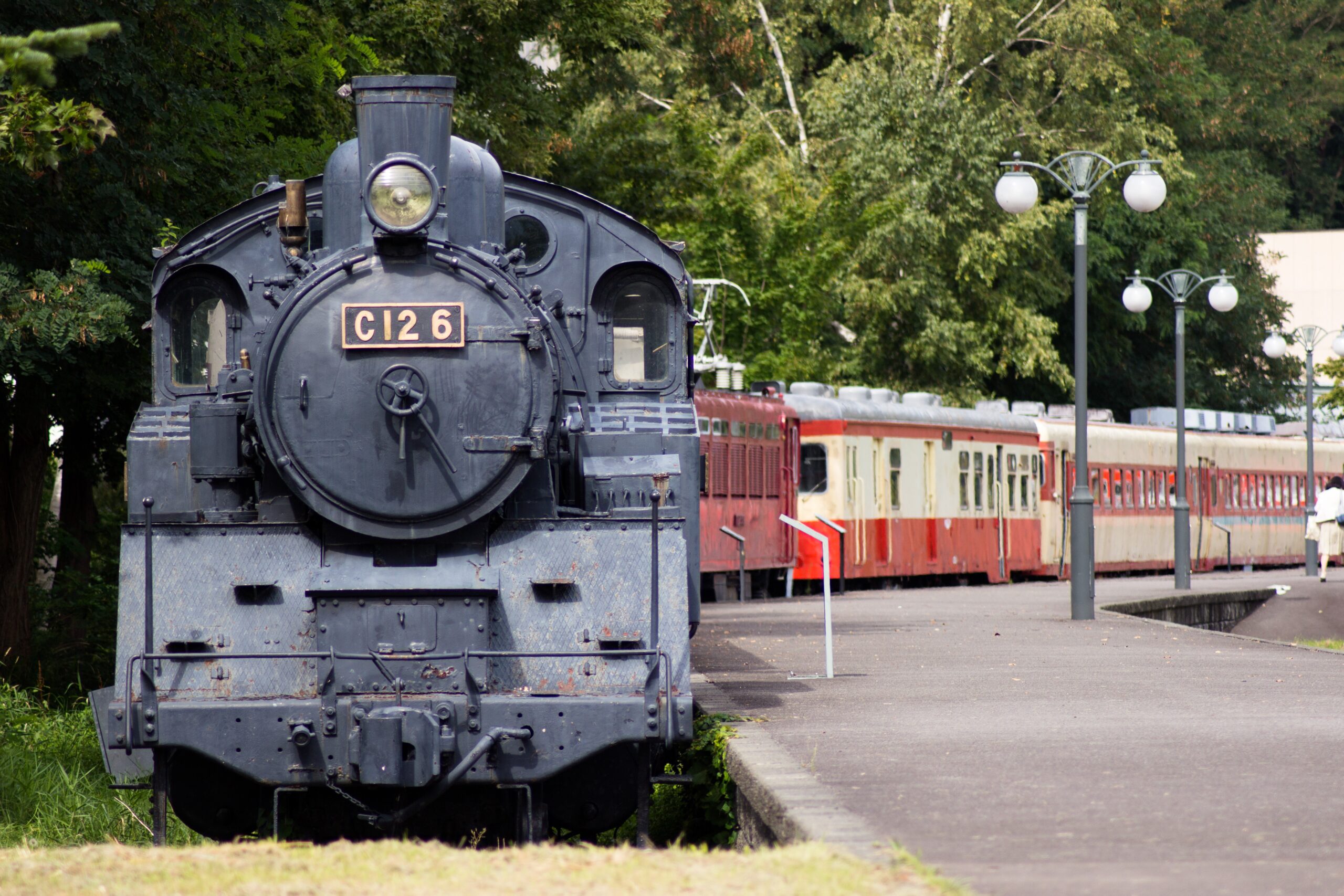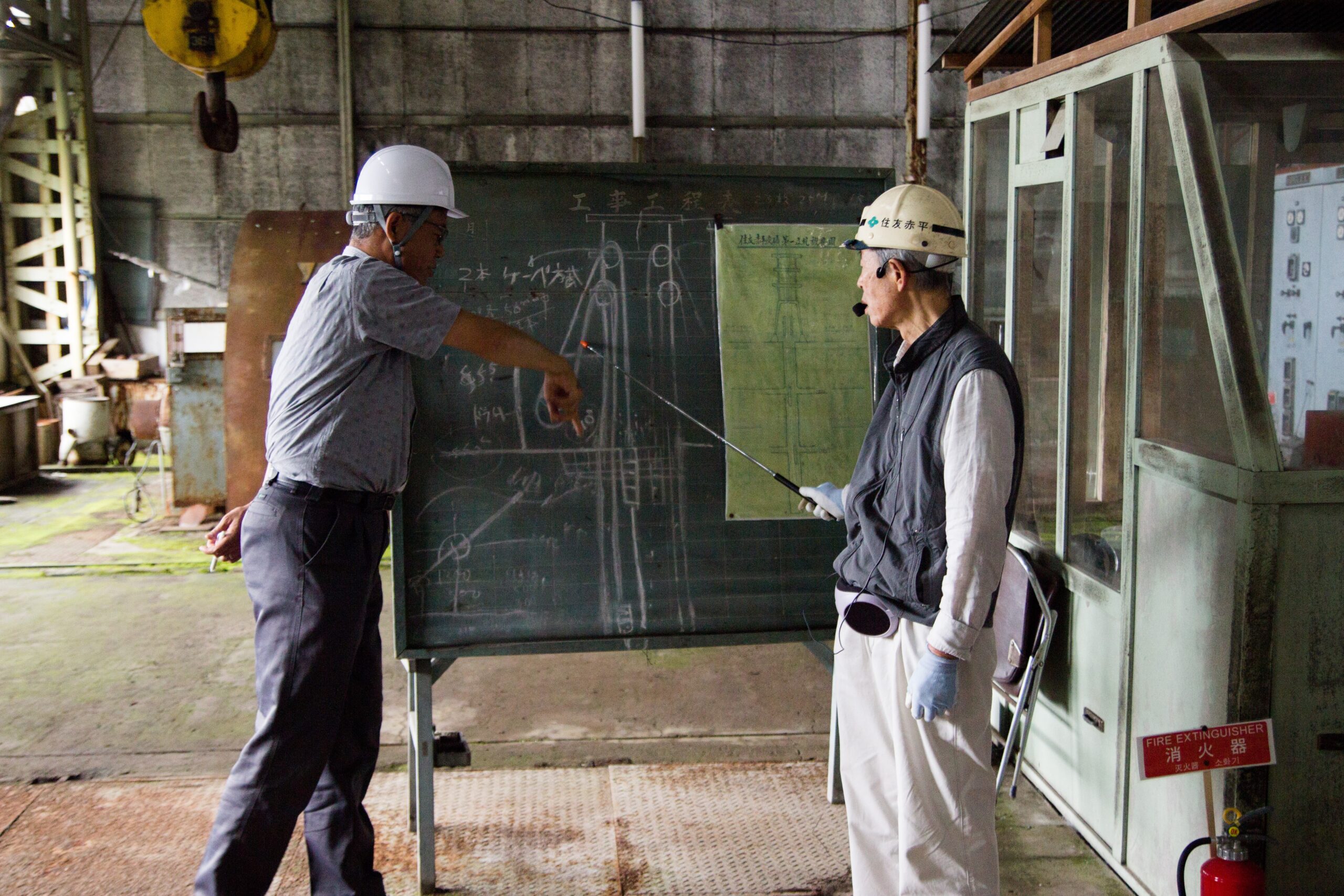Experience in Long-term
Perepelitsa Maksim
Home University: Far Eastern Federal University
Graduate school: School of Arts and Humanities
Course・Doctor Course 1
Period of time: 4 August 2019 ~ 9 February 2020
Host University: Hokkaido University
FY2019 Basic Subjects
Content of the report
This year I took part in two courses – Introduction to Far East and Arctic Studies RJE3 Program: Environment, Culture and Sustainable Development and RJE Special Seminar I: Past and present of Hokkaido: history of Ishikari and Sorachi. The purpose of the first course was to show the general picture of socio-economic development and culture of the Far East and the Arctic region. And also to form groups to discuss the problems covered in the lectures and thereby form professional groups for the sustainable development of the Far East. The aim of the second course was to show the history of indigenous peoples, as well as the development of Hokkaido, and as a result, the current socio-economic situation of Hokkaido. During this course, we visited a large number of museums, such as Historical Village of Hokkaido, Hokkaido Museum, Hokkaido Museum of Modern Art and etc. A visit to these places was important for a complete understanding of the history, culture, and economic development of Hokkaido.
Learning outcomes
During the training I received a lot of useful information both for my professional development and for broadening my horizons as a whole. I learned a lot about the economic development of Hokkaido, about Japan’s experience in combating pollution and garbage, and generally about environmental problems and how to solve them in the Far East. I learned about the economic potentials of the Northern Sea Route. In the first year at the end of each day, we made a presentation on the topics covered by lecturers. And at the end of the course we made a group presentation, where we showed their achievements of the course. Separately, I was interested in studying the problems associated with forest fires, because my father works in this area and I think this knowledge will also be useful to him.
Experiences in Japan
I liked many of the museums I visited. I can especially highlight Historical Village of Hokkaido. This is a very atmospheric place where you immerse yourself in being the past of Hokkaido. Visiting of museum Akabira Coal mining Heritage Guidance Center was close to my, because similar events told by the lecturer here took place in my native mining village. This shows that different countries have similar problems in many respects and transnational communication will be useful for solving them.
Influence on future career goals and choices
The program RJE3 expanded my knowledge of Japan and mainly provided an understanding of the differences between our countries. The cultural characteristics and life of Japan and Russia are quite different, which prevents them from establishing full-fledged relations. But thanks to programs like this, we can calmly establish contacts and share cultural experiences with each other. I sincerely hope that we will continue to continue communicating with my new Japanese friends outside the framework of the program, and I also hope that I will communicate with colleagues in my scientific research.
Comments
I want to say thanks for the opportunity to attend courses RJE3. I also want to note the high level of organization of the program. Clear and short explanations were given to all organizational issues, which cannot but rejoice. I believe that in the future for my life this learning experience with RJE3 program will have positive consequences.




